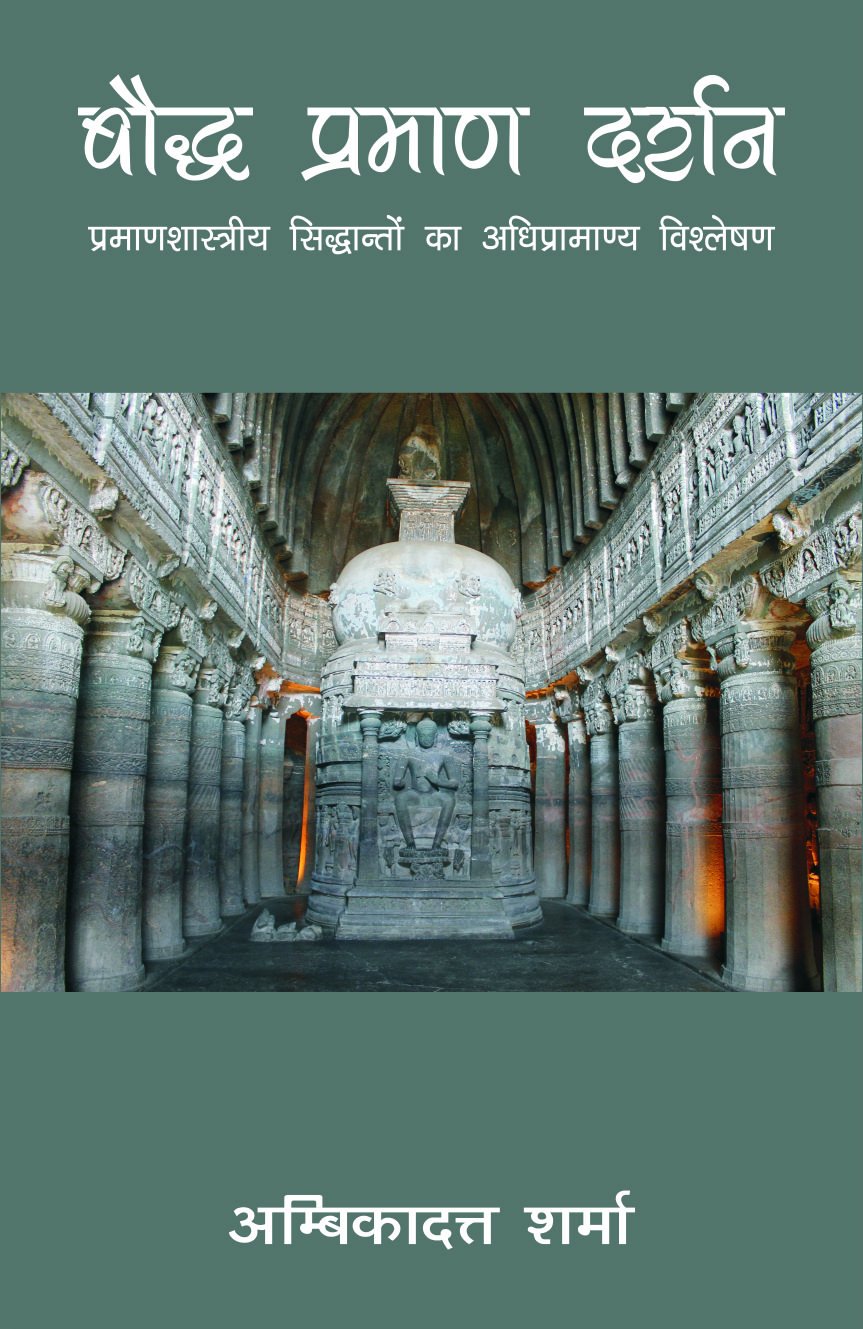Baudha Pramana Darshan (Hindi)
Baudha Pramana Darshan (Hindi) is backordered and will ship as soon as it is back in stock.
Couldn't load pickup availability
Genuine Products Guarantee
Genuine Products Guarantee
We guarantee 100% genuine products, and if proven otherwise, we will compensate you with 10 times the product's cost.
Delivery and Shipping
Delivery and Shipping
Products are generally ready for dispatch within 1 day and typically reach you in 3 to 5 days.
Book Detail:
- Author: Ambika Datta Sharma
- Brand: D.K. Printworld Pvt. Ltd.
- Binding: Hardcover
- Number of Pages: 225
- Release Date: 01-01-2016
- EAN: 9788124608708
- Package Dimensions: 9.1 x 5.9 x 0.8 inches
- Languages: Hindi
Book Description:
In this work, Ambika Datta Sharma explores the historical advancement of epistemological thinking in Indian tradition. The treatise dives into the five points of departure that shaped Indian epistemology:
- Maharshi Gautama’s model, which prioritizes epistemology over metaphysics, proposing a constructive framework.
- The refutative critiques by philosophers like Nagarjuna, Sri Harsha, and Jayarasi Bhatta, who challenge or deconstruct epistemology in their own ways.
- The fifth point of departure emerges from Tarka Pungava Dinnaga, who offers a reconstructive model of metaphysical epistemology, paralleling Gautama’s ideas while offering an alternative to Nagarjuna’s epistemic critique.
The book examines these philosophical foundations in detail, highlighting the epistemological critiques and deconstructions that arose from the works of these thinkers. It explores the meta-epistemic dimension, revealing the core epistemological theories and the metaphysical divisions embedded within them. Sharma’s approach aims to answer key questions, such as, “Why are these epistemological assessments the way they are?” and “Why aren’t they different?”
Drawing from Buddhist epistemology and its fundamental doctrines, the book demonstrates how Indian epistemology integrates metaphysical insights and emphasizes the continuous expression of these metaphysical elements within expanding epistemological frameworks.
This book is invaluable for anyone interested in the intricate connections between epistemology and metaphysics in Indian philosophy, offering a thorough examination of the subject in both historical and conceptual contexts.!





